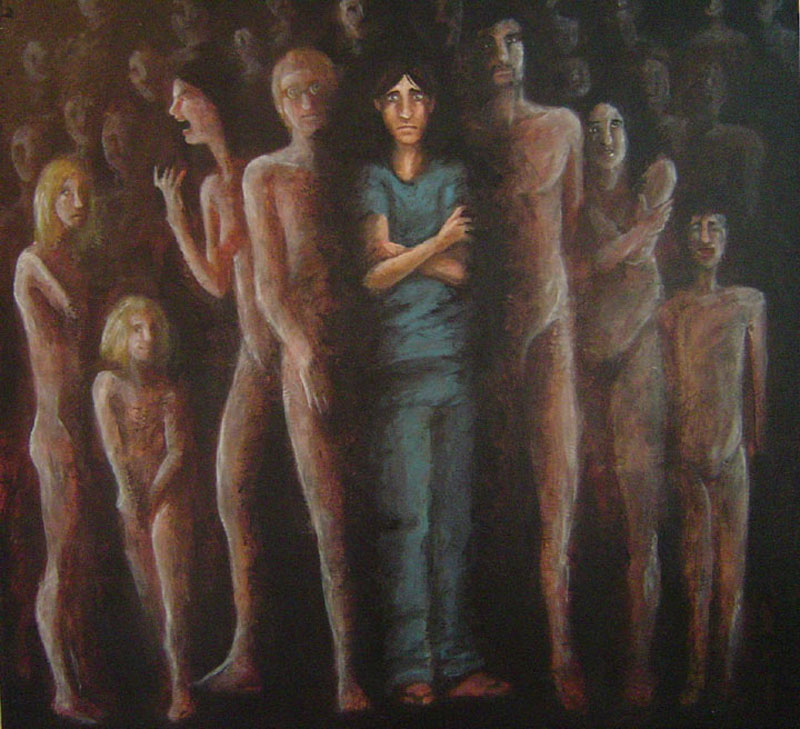Dissociative Disorders
- Dissociative disorders are conditions that involve disruptions or breakdowns of memory, awareness, identity, or perception.
- Depersonalization disorder (DPD) is a mental disorder in which the sufferer has persistent or recurrent feelings of being a detached observer of themselves and/or derealization.
- Dissociative amnesia (dissociative fugue) is a dissociative disorder characterized by retrospectively reported memory gaps. These gaps involve an inability to recall personal information, usually of a traumatic or stressful nature.
- Dissociative identity disorder is a mental disorder characterized by the appearance of at least two distinct, relatively enduring identities or dissociated personality states that alternately control a person's behavior, accompanied by memory impairment not explained by ordinary forgetfulness.
- Derealization is an alteration in the perception or experience of the external world so that it seems unreal.
- Conversion disorder causes patients to suffer from neurological symptoms, such as numbness, blindness, paralysis, or fits without a definable organic cause.
